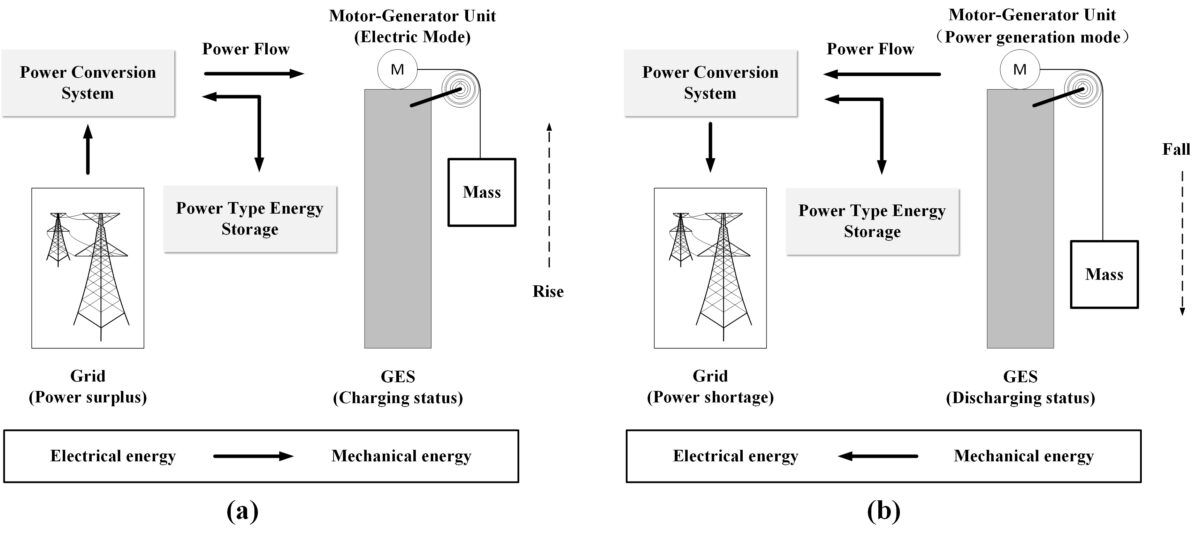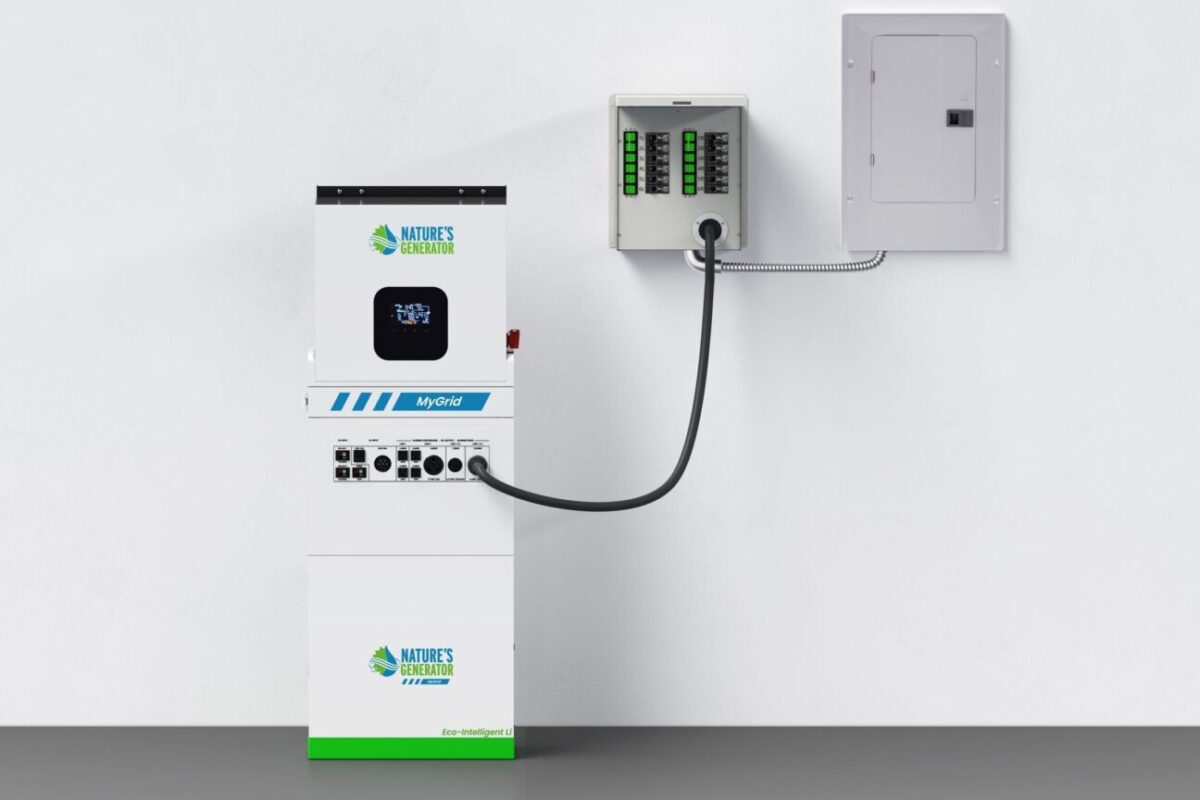A group of researchers led by China's State Grid Smart Grid Research Institute has developed a plant control system for modular gravity energy storage (M-GES).
“Our work represents the first attempt at creating an energy control strategy with excellent performance for M-GES power plants,” the research's lead author, Wenxuan Tong, told pv magazine. “We proposed and validated for the first time the maximum height difference control. A detailed mathematical model of the energy management system of the M-GES plant is also presented for the first time.”
M-GES differentiates from monolithic GES as it uses several standardized blocks instead of a single giant block. According to the researchers, utilizing modular weights offers more flexibility in output power, ease of mass production of related equipment and better flexibility in the selection of weights.
“Currently, most of the studies in the field of M-GES are focused on the proposal of new technology routes and preliminary verification of technical feasibility,” the researchers explained. “However, the M-GES plants need further study of its control technology to apply in the actual power grid with its role as a grid power regulator.”
In the study “Energy management system for modular-gravity energy storage plant,” published in the Journal of Energy Storage, the research team explained that the management system consists of three different parts: the monitoring prediction system (MPS); the energy management system (EMS); and the power control system (PCS). The three parts communicate with each other through the supervisory control and data acquisition (SCADA) system.
The MPS performs real-time grid status monitoring and receives inputs from the dispatch center based on the grid status. It is responsible for optimal interaction between the M-GES plant and the grid. The PCS is responsible for power balancing and coordinating the operation of the units in the M-GES plant.
The EMS coordinates the operation of the different blocks of the GES plant. “The EMS of an M-GES plant will be more complex than the GES plant based on independent blocks because of the involvement of coordinated control between multiple blocks,” said the academics.
The EMS also reportedly addresses one of the main hurdles that module gravity storage needs to deal with, which is its state-of-charge (SOC). The SOC is the amount of energy stored in an energy storage system relative to its full capacity. To solve this issue, the research team adopted a SOC model and a maximum height difference (MHC) energy control strategy.
“Losses are generated whenever the unit is switched on and off, including the inherent losses during start-up and stop, the overall operating efficiency of the unit can be improved if the stable operating time of the unit can be extended,” the scientists explained.” Adopting an energy control strategy with a longer unit operating cycle is appropriate from the unit’s perspective.”
The researchers validated their approach on the MATLAB/Simulink platform and found the MHC improves power stability and efficiency of an M-GES plant by keeping the SOC above half, with this advantage becoming more relevant as the SOC increases.
“The proposed energy management system performs well in natural power systems,” Tong stated.
This content is protected by copyright and may not be reused. If you want to cooperate with us and would like to reuse some of our content, please contact: editors@pv-magazine.com.




By submitting this form you agree to pv magazine using your data for the purposes of publishing your comment.
Your personal data will only be disclosed or otherwise transmitted to third parties for the purposes of spam filtering or if this is necessary for technical maintenance of the website. Any other transfer to third parties will not take place unless this is justified on the basis of applicable data protection regulations or if pv magazine is legally obliged to do so.
You may revoke this consent at any time with effect for the future, in which case your personal data will be deleted immediately. Otherwise, your data will be deleted if pv magazine has processed your request or the purpose of data storage is fulfilled.
Further information on data privacy can be found in our Data Protection Policy.